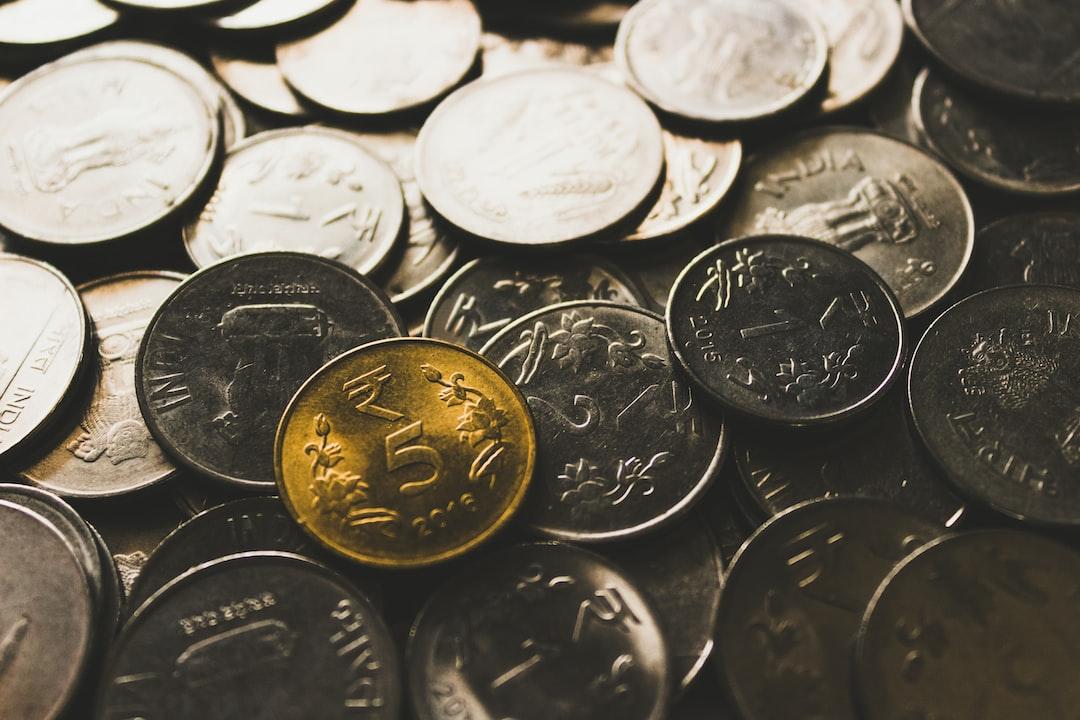El Salvador purchased two additional Bitcoin (BTC) on February 1st. The country typically acquires one Bitcoin per day as part of its Bitcoin strategic reserve initiative but has been purchasing BTC at an accelerated pace.
According to the government’s Bitcoin tracker, El Salvador currently holds a total of 6,055 BTC, valued at over $612 million, and has purchased over 50 BTC in the last 30 days alone.
The country recently repealed its legal tender law that required businesses to accept BTC as payment in order to secure a loan from the International Monetary Fund (IMF).
The crypto community had mixed reactions to the news of the deal. However, despite the recent IMF deal, El Salvador has continued to accumulate Bitcoin for its national reserve.
El Salvador sticks to its national Bitcoin reserve strategy
As part of the $1.4 billion IMF deal, El Salvador had to make BTC payments voluntary, limit public sector involvement in the Bitcoin industry, and privatize the Chivo wallet.
The country acquired 11 BTC, valued at over $1 million, one day after signing the deal with the IMF.
In a post on December 19th, the director of El Salvador’s National Bitcoin Office, Stacy Herbert, stated that El Salvador may start accumulating BTC at a faster pace.
The National Bitcoin Office acquired an additional 12 BTC on January 19th. Following the purchase, representatives from the government agency told Cointelegraph that the Office plans to increase purchases in 2025.
“We have not only achieved the largest rebrand in history, but we are now an actual case study for a successful country strategy,” the spokesperson said.
El Salvador’s Bitcoin treasury strategy has received praise from Bitcoin maximalists and has attracted attention from crypto firms, including Fidelity Digital Assets.
The digital asset firm’s January 2025 report specifically noted El Salvador’s Bitcoin treasury strategy as a potential catalyst for wider adoption by nation-states.
Analysts from Fidelity Digital Assets argued that larger nations would adopt Bitcoin as the risk of not owning any Bitcoin becomes more apparent and the fear of missing out sets in.

